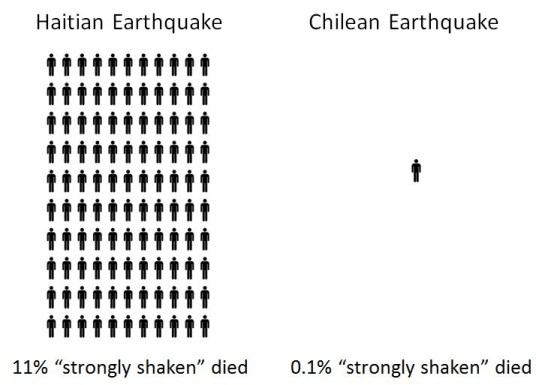The 7.8-magnitude earthquake that struck Nepal was the nation’s worst in some 80 years. International aid groups are rushing to help more than a million people get food and other forms of relief.
But our guest Brian Tucker says responding to crises in this way is shortsighted, costly and just poor policy.
Tucker is a seismologist and the president of GeoHazards International (GHI), a California-based nonprofit that aims to end preventable death and suffering from natural disasters. He draws on his extensive travels to the world’s earthquake-prone regions. “We saw people happily living in structures, and building ever-taller versions of the same deadly structures, with apparent ignorance of how they were putting themselves and their families at risk,” he tells Tiny Spark.
One of Tucker’s achievements is helping local communities build and retrofit structures to better withstand natural catastrophes. In 2002, Tucker earned the celebrated MacArthur “Genius Grant” for his work across the globe. A year earlier, he received an award for his disaster mitigation efforts in Nepal from then-King Birendra. Tucker still keeps this photo near his desk:
Sign up for our free newsletters
Subscribe to NPQ's newsletters to have our top stories delivered directly to your inbox.
By signing up, you agree to our privacy policy and terms of use, and to receive messages from NPQ and our partners.

Good disaster preparation can help lower the number of casualties when crises hits. The following graphic illustrates the disparity in survival rates when earthquakes of similar magnitude strike two places:

Looking ahead, Tucker says it is sound policy to focus more on prevention. “That’s what I would like. It’s not particularly popular, of course. People want to fly their flag and have pictures of them saving a real person that’s in front of you right now, rather than some unnamed person in the future.”
Additional Resources
Tucker’s 2013 paper in Science: Reducing Earthquake Risk
Tucker’s 2010 op-ed in The Guardian: The Haiti quake must not be dismissed as an ‘act of God’













